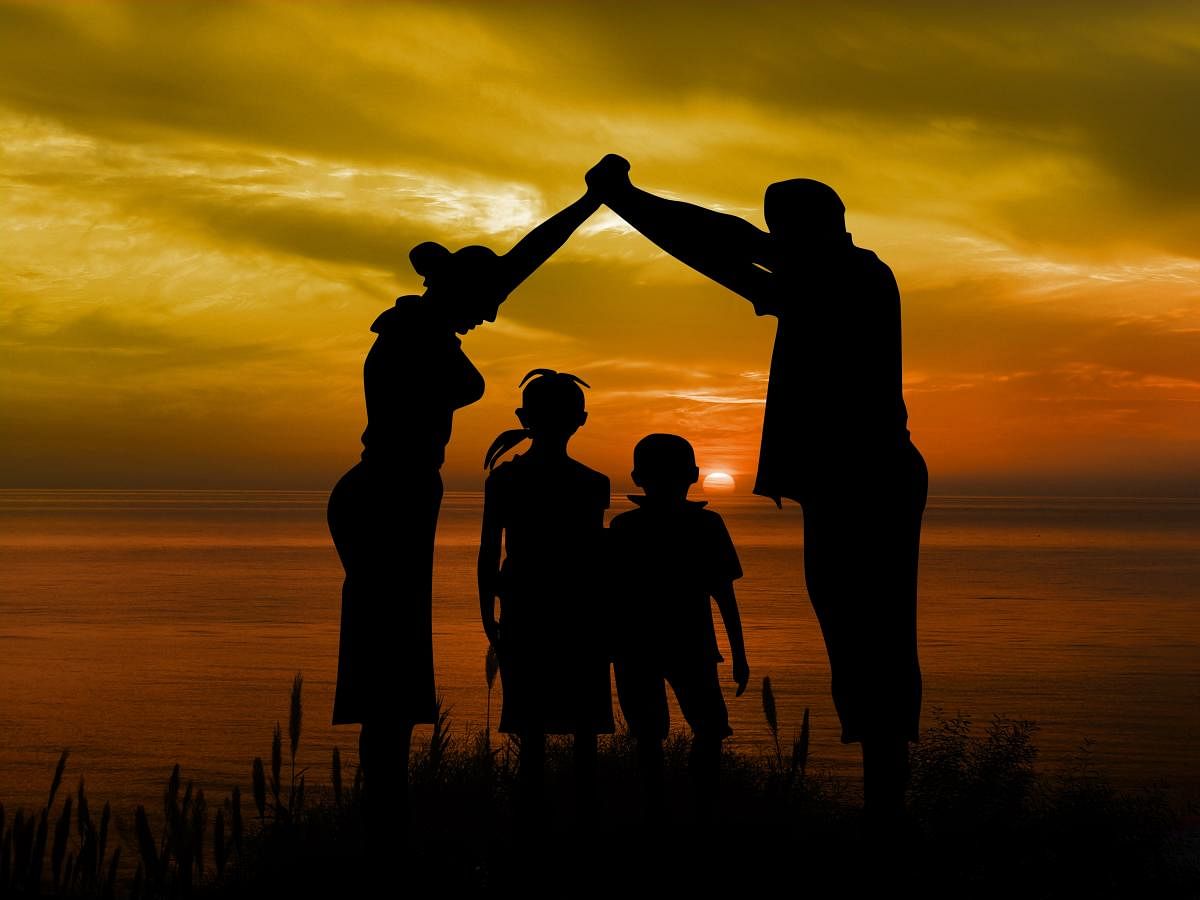
It’s a regular Sunday afternoon. My family and I go out for lunch with some friends. Amid friendly banter, I get advised, “You should start cooking some Malayali food.” My partner and I take the advice in good humour, even while he appreciatingly responds, “Oh, she does.” To put things in perspective, I am a Gujarati, married to a Malayali. And not without reasons, I have realised that the burden of culture, whether it is food, language or customs, falls on the woman of the house.
This was alright earlier when the responsibilities of women were limited to the house. But now when both men and women bring in the bread, the burden of passing down culture to future generations still falls mostly on women. Nobody has ever asked my husband whether he has learnt how to cook traditional Malayali food from his mother. But I have been asked if I have learnt it from my mother-in-law. Of course, this means that no one will ever expect my man to learn how to cook Gujarati cuisine either. Not his fault, I know. He just has the benefit of gender. This is in the case of language too. “She should learn how to speak Malayalam,” I have heard guests say, even as I am referred to in the third person. My husband, of course, has been given respite from such expectations although he is obligated to defend by saying, “She understands the language.”
Some of these societal behaviours, reflected both by women and men, may be patriarchal. But it’s been normalised to such an extent that no one feels the need to change the narrative anymore. Thankfully, my partner is broad-minded enough to not expect what society does. Yet, he is aware, that he belongs to a minority.
In the pre-pandemic era, when cultural activities were the hallmark of any well-organised society, WhatsApp groups used to be abuzz with plans and schedules. In the society where we stay, such groups would only have the mothers as members, thus putting the onus of preparing the kids for these events, on the women. Come Diwali, Christmas or Independence Day, I would see mothers pushing out meetings or rescheduling office work, to fit in the logistics of their kids’ cultural activities.
There have been times when the mothers have brought in their laptops to finish their work, while their kids practise their routines inside. The fathers have been allowed to focus on their office work. When the pandemic came though, the fathers got the time and opportunity to invest in additional parenting duties. Parks, that were earlier abuzz with either nannies or mothers, started hosting dads swinging their kids even while taking work calls.
Hopefully, we, as a society, will learn and grow enough to understand that the onus of culture falls on both genders. Maybe we can start by introducing our kids, whether girls or boys, to art, dance, language and music, along with sports instead of segregating activities and interests by gender. After all, culture does not have a gender.